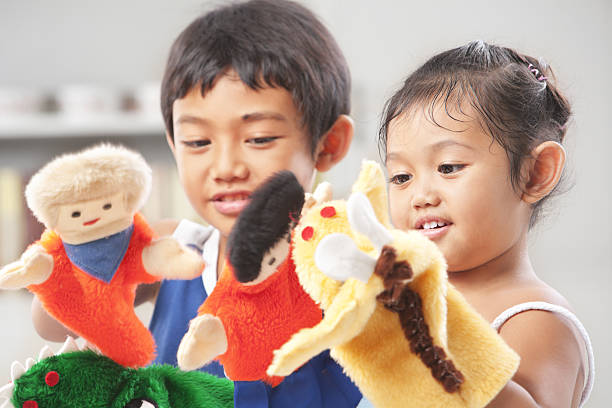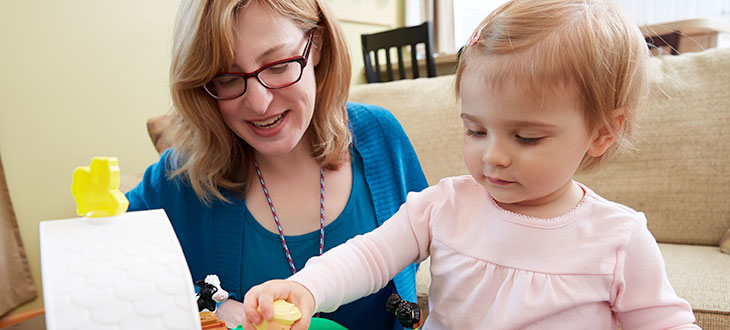Yang, F., Choi, Y., Misch, A., Yang, X., & Dunham, Y. (2018). In defense of the commons: Young children negatively evaluate and sanction free riders. Psychological Science, 29, 1598–1611. https://doi.org/10.1177/0956797618779061
Choi, Y., Mou, Y., & Luo, Y. (2018). How do 3-month-old infants attribute preferences to a human agent? The Journal of Experimental Child Psychology, 172, 96-106. https://doi.org/10.1016/j.jecp.2018.03.004
Choi, Y., Song, H., & Luo, Y. (2018). Infants’ understanding of the definite/indefinite article in a third-party communicative situation. Cognition, 175, 69-76. https://doi.org/10.1016/j.cognition.2018.02.006
Choi, Y., & Luo, Y. (2015). 13-month-olds’ understanding of social interactions. Psychological Science, 26, 274-283. https://doi.org/10.1177/0956797614562452
Luo, Y., & Choi, Y. (2013). Infants attribute mental states to nonhuman agents. In M. D. Rutherford & V. A. Kuhlmeier (Eds.), Social Perception: Detection and Interpretation of Animacy, Agency, and Intention (pp. 259-282). Cambridge, MA: MIT Press. https://doi.org/10.7551/mitpress/9313.003.0015
Luo, Y., & Choi, Y. (2012). Infants attribute to agents goals and dispositions: Commentary on Hernik and Southgate. Developmental Science, 15, 727-728. https://doi.org/10.1111/j.1467-7687.2012.01163.x
Choi, Y., & Song, H. (2009). Korean university students’ beliefs about the essence of psychological traits. The Korean Journal of the Human Development, 16, 163-184.
Choi, Y., & Song, H. (2008). Korean adults’ beliefs about the essence of children’s traits. The Korean Journal of Psychology: General, 27, 281-301.
Song, H., Choi, Y., & Kim, M. (2008). The influence of discourse information on the comprehension of null subject sentences in Korean children. The Korean Journal of Developmental Psychology, 21, 81-9

